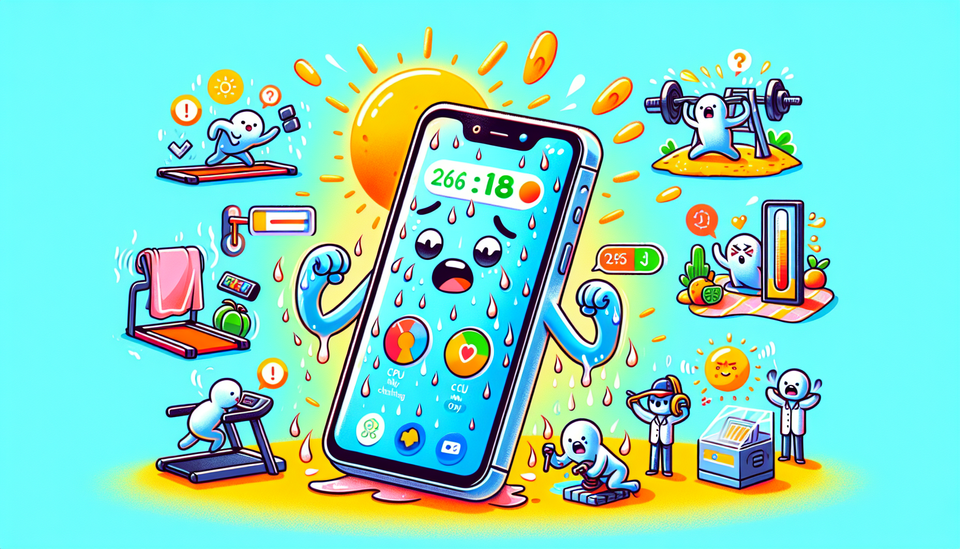The Mystery Behind Internet Cookies: What Are They Really?
Are you being stalked by ads for that one jacket you only glanced at online? The secret's in the cookies—no, not the tasty kind! Discover how these invisible data trackers know your every move and what you can do to shake off their

The Mystery Behind Internet Cookies: What Are They Really?
Ever feel like the internet is reading your mind? Like, you browse a hoodie once, and suddenly every website and app won’t stop showing you sweaters, jackets, and somehow even backpacks? It’s not magic… it’s cookies. 🍪 But not the chocolate chip kind. These are the sneaky little bits of data that follow you around online. So, what exactly are internet cookies, and why do they seem to know what you want before you do? Let’s break it down together!
What Are Internet Cookies?
Okay, so here’s the deal: an internet cookie is basically a tiny file that websites store on your computer when you visit them. Think of it like a sticky note the website leaves behind, reminding itself of what you did while you were there.
For example, if you visit an online store and add a pair of shoes to your cart, a cookie helps the website remember those shoes when you come back later. It’s like walking into your favorite store, and the cashier remembers you bought snacks last time, so they have some new recommendations ready. Handy, right?
But here’s where it gets a little weird: cookies don’t just remember what you like—they can also track what you do. And that’s when things start to feel a bit… stalker-ish.
Why Do Cookies Follow You Around?
Ever notice how after you Google something, like “best sneakers for running,” you suddenly see ads for sneakers everywhere? That’s cookies at work. Specifically, third-party cookies—the ones used by advertisers to track you across multiple websites.
Here’s how it works: when you visit a site, it might not just be the site itself that’s leaving cookies. Advertisers can also drop their own cookies, which follow you around the web. So, when you leave that sneaker site and head over to check the news, BOOM—sneaker ads. It’s like being followed around the mall by someone who remembers everything you looked at. Creepy, right?
But not all cookies are bad! First-party cookies—the ones created by the site you’re visiting—are usually helpful. They remember things like your login info or your language preferences. So, next time you visit, the site loads faster and remembers that you prefer dark mode. It’s like having a personal assistant for your browsing experience.
Are Cookies Dangerous?
Here’s the good news: cookies aren’t viruses or spyware. They’re just data files. They don’t damage your computer, and they can’t steal your personal info (like your bank details). But they do track your actions, and that’s where privacy concerns come in.
The real issue with cookies is how much they know about you. Some cookies can track you across multiple sites, building a profile of your online behavior. That’s how advertisers know what you’re interested in and can target you with super-specific ads. It’s like they’re peeking over your shoulder while you browse. 😳
Can You Control Cookies?
Feeling a little too tracked? Don’t worry—you can take control of your cookies. Most browsers let you clear cookies or block third-party ones in the settings. It’s like hitting the reset button on your internet memory. Just be warned—you might have to re-enter your passwords and preferences, so maybe keep a snack handy while you do it. 🍪
And you know those pop-ups asking you to accept cookies on every website lately? That’s because of privacy laws like GDPR, which require websites to get your permission before tracking you. So, next time you see that pop-up, you can decide if you want to accept all cookies or just the necessary ones. It’s like choosing between a full cookie buffet or just a single snack.
Fun Cookie Facts You Didn’t Know
- Cookies Expire: Yep, cookies have expiration dates! Some disappear when you close your browser (called session cookies), while others can stick around for years unless you clear them out. It’s like finding an old, stale cookie in a forgotten tin—just… gross.
- The Name “Cookie”: The term “cookie” comes from an old computer term, “magic cookie,” which was a packet of data passed between programs. So, no, it wasn’t inspired by grandma’s secret recipe. 😅
- Cookies Across Devices: Did you know some businesses use cookies to track you across multiple devices? Yep, your phone and laptop might be in cahoots, sharing cookie crumbs to make sure every device knows what you’re up to. Wild, right?
Should You Clear Your Cookies?
So, what do you do with all this cookie knowledge? Clear them? Embrace them? Or maybe something in the middle? If you don’t control your cookies, someone else might always be snacking on your data. Oof.
But here’s a fun fact to leave you with: even if you clear your cookies, some websites use something called “supercookies” or “zombie cookies,” which are harder to delete and can even regenerate after you clear them. 😱 So, maybe it’s time to teach your devices how to forget your cookie trail…
Now that you know the scoop on internet cookies, what’s your next move? Ready to take control of your cookie situation, or are you cool with letting the internet remember everything? 😏



